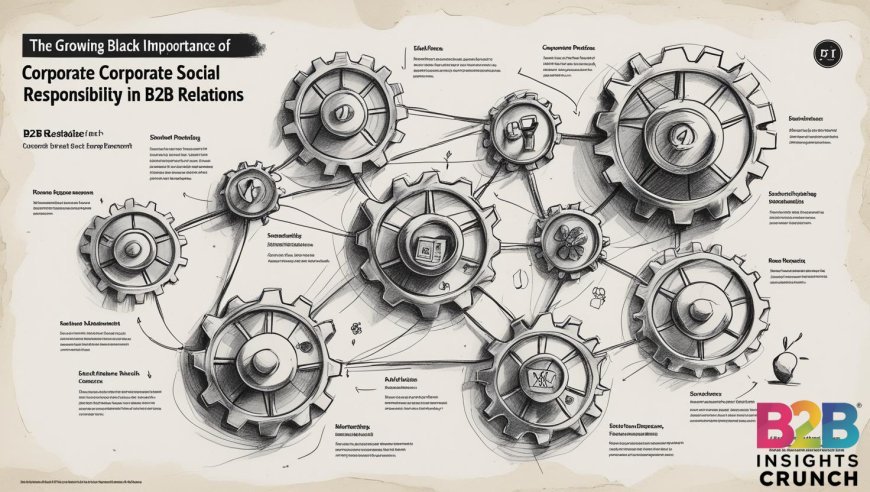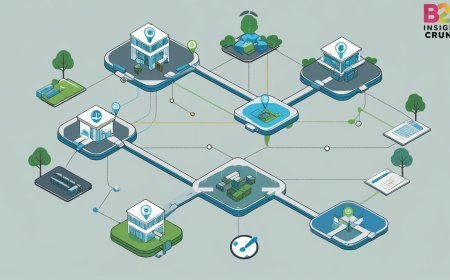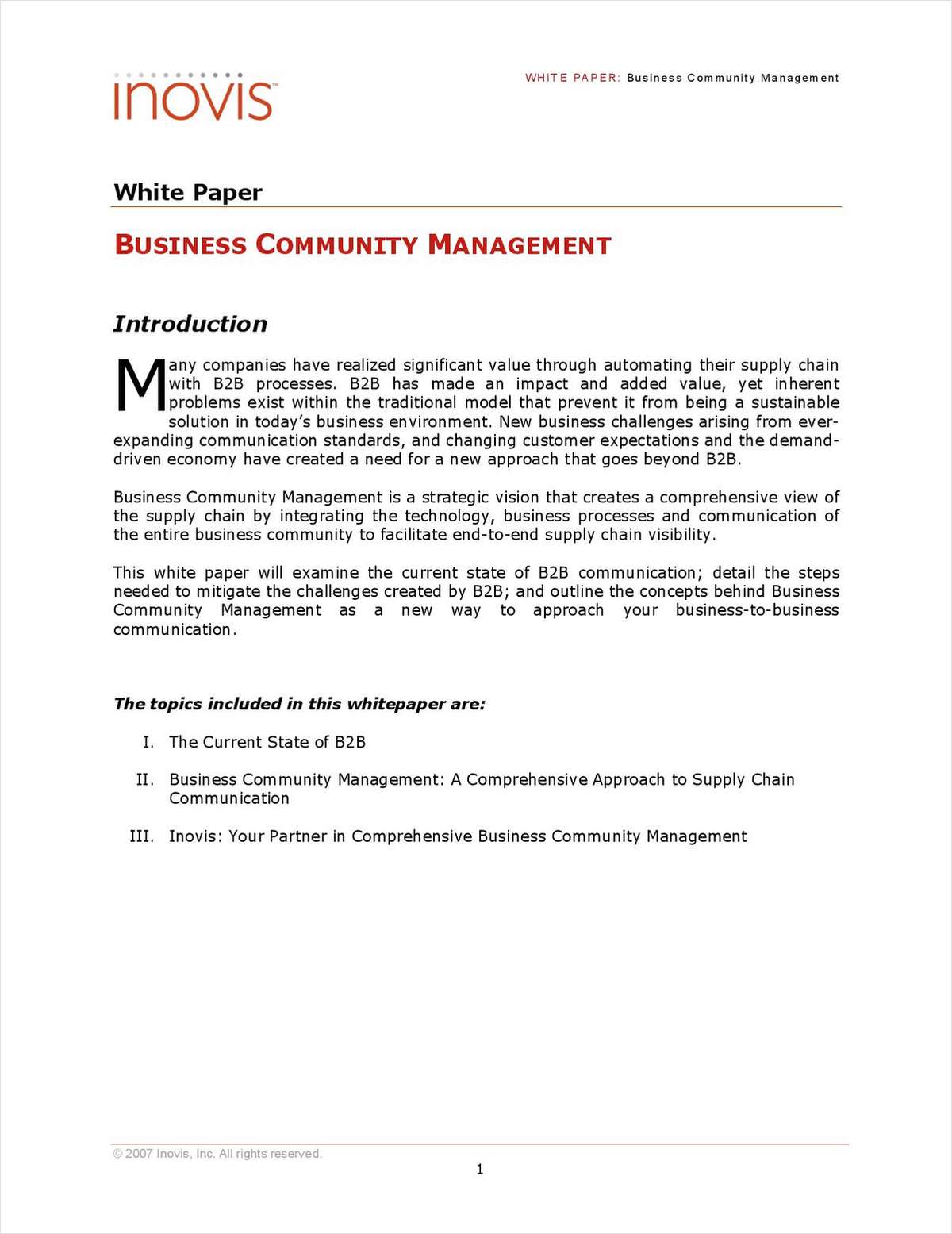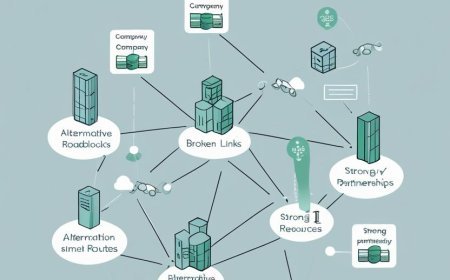The Growing Importance of Corporate Social Responsibility in B2B Relations

The Growing Importance of Corporate Social Responsibility in B2B Relations
Corporate Social Responsibility (CSR) has long been a cornerstone of consumer-focused companies, but in recent years, its significance in the B2B world has grown dramatically. What was once considered a nice-to-have or a marketing add-on is now becoming a vital part of how businesses build and sustain relationships with their partners, clients, and suppliers. The evolving expectations around CSR are reshaping the way companies approach their operations and partnerships, and the impact is far-reaching.
In the B2B space, CSR is no longer just about ticking boxes or creating a positive public image. It has become a critical factor in trust-building and decision-making. Businesses want to work with partners who demonstrate ethical practices, environmental stewardship, and social responsibility. This shift is driven by an increasing awareness of the broader impact companies have on communities, ecosystems, and society as a whole. Clients and partners are scrutinizing supply chains and vendor practices with more care, knowing that their own reputations are tied to the integrity of those they work with.
One of the key reasons CSR has gained such traction in B2B relations is the rise of stakeholder capitalism. Companies recognize that success is not measured solely by profit but by how well they serve all stakeholders-employees, customers, communities, and the environment. In this context, CSR becomes a framework for aligning business goals with values that resonate beyond the balance sheet. When businesses share a commitment to responsible practices, they create a foundation for deeper collaboration and long-term partnerships.
Environmental concerns, in particular, have become a driving force behind CSR in B2B relationships. With climate change and sustainability at the forefront of global challenges, companies are expected to demonstrate tangible efforts to reduce their carbon footprints, minimize waste, and promote sustainable sourcing. These expectations influence procurement decisions, as many organizations prioritize suppliers who can prove they are environmentally responsible. For B2B companies, integrating sustainability into their operations is no longer optional-it’s a necessity to remain competitive and relevant.
Social responsibility also plays a vital role, touching on issues such as fair labor practices, diversity and inclusion, and community engagement. Businesses are increasingly aware that their partners’ social impact reflects on their own brand and values. Choosing to work with companies that prioritize ethical labor conditions and foster inclusive workplaces sends a strong message about shared values. This alignment helps build trust and strengthens relationships, often leading to more fruitful and lasting collaborations.
Transparency is another crucial element shaping CSR in B2B relations. Companies are demanding clear, verifiable information about their partners’ CSR initiatives and outcomes. This has led to greater openness in reporting, third-party audits, and the use of technology to track and measure CSR efforts. Transparency not only fosters accountability but also encourages continuous improvement and innovation in responsible business practices.
Ultimately, the growing importance of CSR in B2B relations reflects a broader shift in how business is conducted. It moves the focus from transactional exchanges to meaningful partnerships grounded in shared responsibility. Companies that embrace CSR authentically don’t just enhance their reputations-they create value for their clients, communities, and the planet.
As the business landscape continues to evolve, CSR will undoubtedly remain a central pillar in B2B interactions. Organizations that prioritize responsibility and ethics will find themselves better positioned to navigate challenges, attract like-minded partners, and build resilient, purpose-driven ecosystems that stand the test of time.





















